Updated Dec. 23, 2024, 12:00p.m. ET
In recent years, Binh has become used to living in a constant state of fear. Like so many who work in Vietnam’s civil society, the 44-year-old is paranoid that on any given day she could be arrested simply for going to work.
“Everyone now has a sense of being alert,” she told RFA over the phone in November. “People I know have been arrested for unknown reasons.”
Binh, who asked that a pseudonym be used for security reasons, has spent more than 20 years working on humanitarian aid for both local and international non-governmental organizations in Vietnam. At each one she has dodged intimidation and crackdowns meted out by Vietnam’s ruling Communist Party. But lately the problem has grown markedly worse.
While working for one international NGO, Binh explained that the entire staff would be summoned to the offices of the Vietnam Union of Friendship Organization, the agency that manages international NGOs, for an “interview” every three months.
“They would ask us where we had travelled recently and what we were doing. It was very weird. It was obvious they wanted us to know we were under supervision,” Binh said.
Other times, said Binh, police would follow her and her colleagues while they worked in the field.
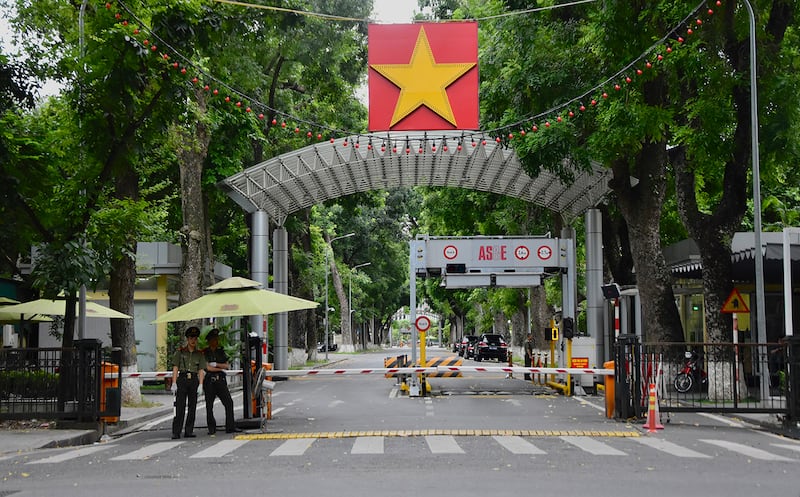
Even the UN has experienced “strict surveillance” and pushback, according to Binh, who has experience partnering with several of its agencies.
“There were times where they shut down the electricity or told the venue owner not to rent to them,” Binh said. In response to RFA, the office of the UN Resident Coordinator in Vietnam, which manages the country team, said that “the UN collaborates with the Vietnamese government, civil society, and other international partners” to achieve its goals, but did not comment on any crackdowns the agencies have faced.
Binh has done everything she can to protect herself and so far it has worked, but others, including her colleagues and her close friends, have not been as fortunate.
Over the past four years, nearly a dozen NGO workers have been arrested or detained simply for doing their job, according to the Vietnam human rights organization Project 88. At least four remain behind bars today, along with more than 175 other activists.
These arrests – many of them carried out on charges of tax evasion or other allegations that legal monitors say are politically motivated – are part of a greater crackdown by the government to restrict civil society in Vietnam.
A series of oppressive rules, many of which are kept hidden, have provided the foundation for these efforts as the Communist Party seeks to tighten its grip on power.
One, and arguably the most draconian, of these is Directive 24, which was issued in July 2023 and casts all foreign cooperation as a national security threat amid the country’s increasing globalization.
The secret directive, which was obtained by Project 88 earlier this year and has never been released by the government, details opposition to free expression, international aid, unions, and even foreign travel. The impact, say experts, is an effective criminalization of activism.
In October, the government reinforced these measures with Decree 126, which added further restrictions on forming any kind of association in the country.
The crackdowns have also been rolled out alongside a sweeping anti-corruption campaign that has brought much of civil society to a standstill by fostering a climate of fear that has left politicians unwilling to approve projects and funding.
Over the last four months, RFA spoke with over a dozen activists, NGO workers, international donors, diplomats and experts to understand how government orders and subsequent crackdowns have intensified and what it has meant for those working in civil society in the country.
Fear of foreign influence
Civil society wasn’t always a target of the government in Vietnam. A decade ago, many had a much more optimistic outlook.
Nguyen Tien Trung, a pro-democracy activist now based in Germany, was arrested in 2009 for protesting against the Communist Party. He was released five years later at a time when support for civil society looked very different to how it does today.
“When I was released from prison in 2014, civil society organizations mushroomed in Vietnam. Many organizations, both registered and unregistered with the Vietnamese communist government, were operating freely,” said Trung.
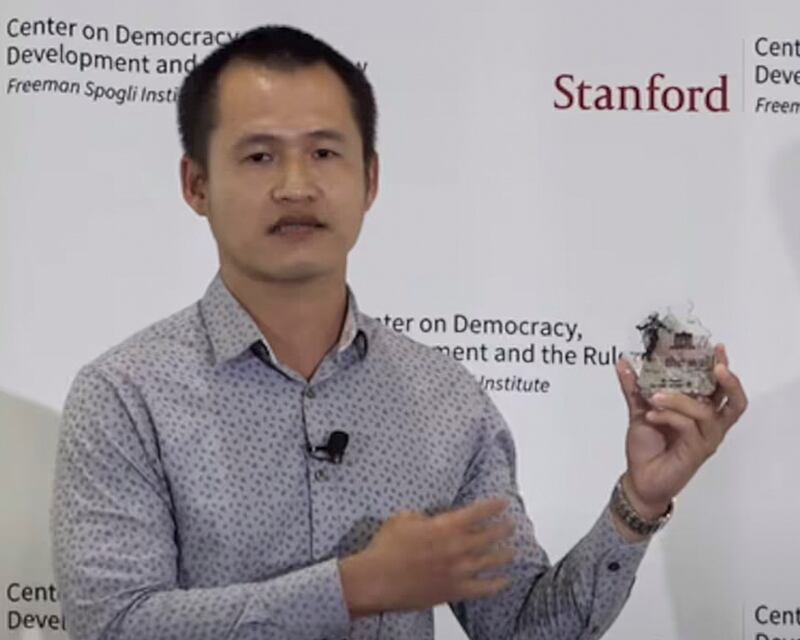
But around 2016, circumstances started to change. Prime Minister Nguyen Tan Dung announced his retirement and Nguyen Phu Trong, who was serving as General Secretary of the Communist Party, was re-elected for a second term. Trong died earlier this year.
Unlike Dung, who had been relatively sympathetic to civil society, Trong took a very different approach. He disagreed with the cozy relationships that Tan Dung had cultivated with the West and began rolling out a series of measures to restrict foreign influence.
Vietnam has a wide range of organizations that operate at different levels, from informal, non-registered groups at the local level to massive, international NGOs, or INGOs, like Save the Children and Oxfam.
Most INGOs are registered under the Ministry of Foreign Affairs, while domestic NGOs are normally registered with the Ministry of Science and Technology. But the measures introduced under Phu Trong sought to expand the government oversight over these organizations.
RELATED STORIES
New decree keeps associations under control of Vietnam’s Communist Party: Project 88
US must not shun rights in Vietnam ties, lawmakers say
The deepening ‘securitization’ of Vietnamese politics
Beginning in 2020, the government imposed a series of decrees and decisions to block access to foreign funding and increase restrictive oversight in what two United Nations special rapporteurs said established “unreasonably burdensome requirements” for operations.
“Communist Party leaders want to maintain their power monopoly. They are wary of foreign influence that could destabilize its control. International NGOs and foreign entities often promote democratic values and human rights, which the Communist Party views as threats to its one-party rule,” said Trung, the democracy activist.
However, he noted that the concerns are specifically centered on Western influence, while China and Russia, for example, serve as “models for the Communist Party to follow.”
The government ministries that oversee NGOs in Vietnam did not respond to RFA’s request for comment for this article.
Shrinking the space
Numerous NGOs have been forced to shut down in recent years amid this environment.
Among them are Towards Transparency, Vietnam’s branch of Transparency International, which closed its doors in late 2021 due to security concerns. Shortly before, the website’s domain had been revoked by municipal authorities, in what many considered a threatening move, after a map was published that excluded contested islands in the South China Sea.
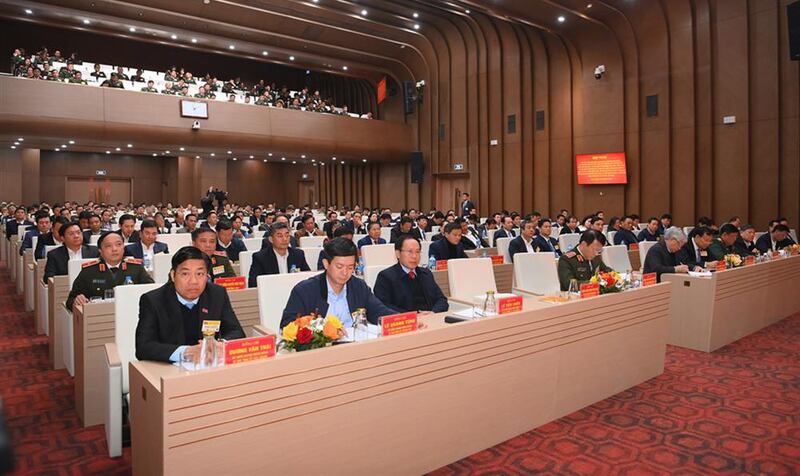
LIN Center for Community Development, an umbrella network of 400 nonprofits, announced it would close in November 2022 without specifying the reasons, and the Institute of Technology Research and Development, or SENA, was forcibly dissolved in July 2023, a year after its director was arrested and charged with “abusing democratic freedoms” for submitting recommendations to improve the Communist Party.
The government has also targeted individuals, notably through the use of the tax law. Laws around tax evasion are vague and can be manipulated into prosecuting anyone that the government wants stopped, said Trung.
As a result, “the fear of being arrested under the charge of ‘tax evasion’ has instilled a sense of caution, if not outright paralysis, in the sector,” he said.
One of the most high-profile of these cases in recent years was the arrest of environmental activist Hoang Thi Minh Hong in May 2023. She was sentenced to three years in prison on tax evasion charges, but was released early in September of this year.
Project 88 found that “the Vietnamese government has a history of using tax evasion charges to prosecute dissidents who cannot be persuasively charged under national security provisions of the criminal code”.
Nguyen Quang A, a prominent human rights activist in Vietnam and the former director of the now-dissolved Institute for Development Studies, told RFA that he has been arrested for tax evasion “at least four or five times” but always as a cover for dissident activity.
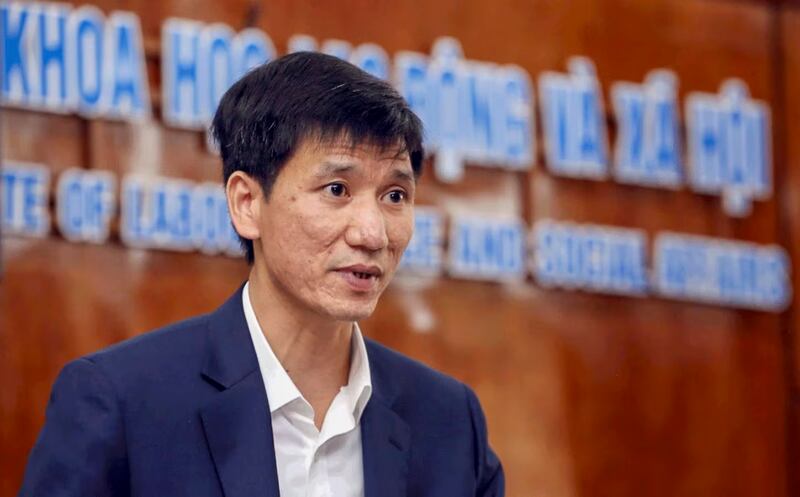
Other laws have also been weaponized. In April, Nguyen Van Binh, who served as director general of the Ministry of Labour’s legal department, was arrested and prosecuted for allegedly disclosing state secrets.
He had sought to help grant workers the rights to form unions, which, with the exception of the one state-affiliated union, are banned in Vietnam.
The Blazing Furnace
The crackdowns are only one set of challenges that NGOs in Vietnam have been forced to navigate. A controversial anti-corruption campaign called “blazing furnace” has made it harder than ever for civil society to get government sign-off on everything from travel to funding.
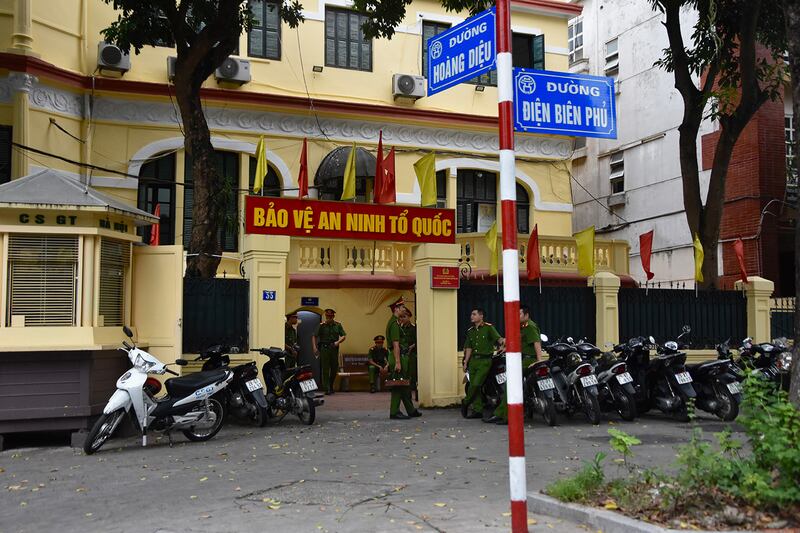
Since it was launched in 2013, the government has turned itself inside out, arresting officials at all levels, including senior members of the Politburo and government ministries. As of 2023, nearly 200,000 party members have been disciplined as part of the campaign.
While the campaign successfully brought Vietnam up to 83 from 113 on the Corruption Perceptions Index, it has also created a chilling effect for legitimate work, advocates say.
“It isn’t clear to officials what kinds of activities could get someone into trouble so everyone is on high alert at all times,” said Minh, a longtime activist who asked that a pseudonym be used for security reasons.
“The biggest impact from the anti-corruption campaign is that government officers don’t want to work anymore, they don’t want to approve civil society. They keep silent because it’s easier to say no.”
Yet that means that in the last three years Vietnam has forfeited approximately $2.5 billion in foreign aid. Another $1 billion is currently being held waiting for approval.
Much of that funding was earmarked for things like development and infrastructure projects, in which UN or EU agencies sometimes partner with local organizations.
A former senior Western donor official told RFA that a lot of local organizations “no longer want to take foreign money because it causes too many risks,” which has forced them to downsize operations.
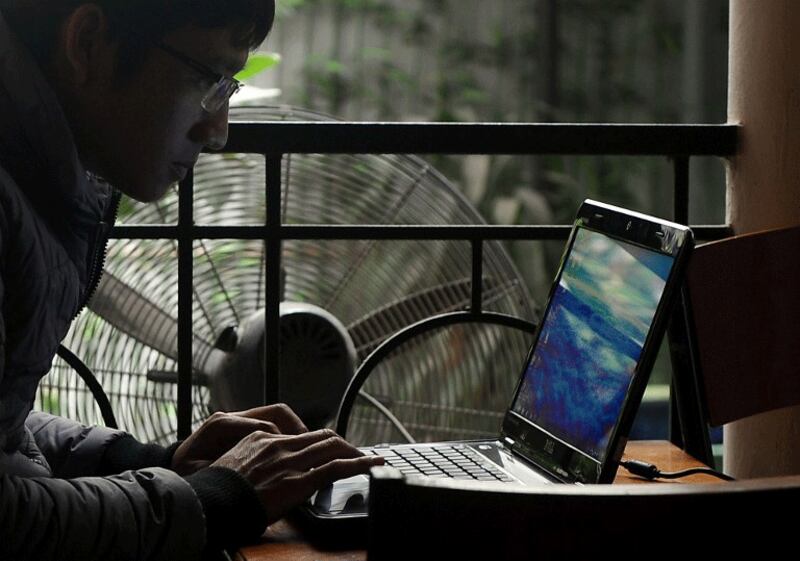
Finding alternatives
To operate, civil society groups have found some workarounds. One way is by registering as social enterprises – a hybrid between a charity and a for-profit enterprise – instead of an NGO. Some groups have found this easier for operating, but it means having to pay more taxes.
Another option is to develop closer relationships with the government, including by funding government advocacy initiatives, in order to “have protection.”
“They aren’t directly bribing the government, but they are putting a lot of money and investment into building up those relationships in order to avoid any issues,” Binh said.
But relief from these options is not ideal and likely temporary. Those working in Vietnam’s civil society are concerned that the environment will only keep getting worse.
After Phu Trong’s death in July, he was succeeded by To Lam, a longtime party operative who has held senior positions in government for decades.
As minister of public security, he orchestrated many of the crackdowns against civil society, including the use of tax evasion as a way of silencing dissidents.
“To Lam spent all his life in the police. He views all organizations that are not under the control of the Communist Party as potential enemies,” said Trung, the pro-democracy activist.
“I have no doubt that he will continue to suppress the democratic and civil society movements,” he predicted.
Edited by Abby Seiff and Boer Deng.
A portion of this article was removed following publication for security reasons.
